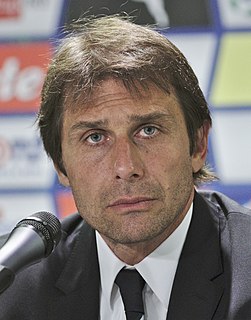A Quote by Bernard Williams
Tragedy is formed 'round ideas it does not expound, and to understand its history is, in some part, to understand those ideas and their place in the society that produced it.
Related Quotes
That is what it is like with Pep. At first, you don't understand. But then you grow up, you work, and now we understand the things he wants much better. It's not like the first season when it took him more time to make us understand his ideas. Some players didn't understand immediately what he wanted.
More attention to the History of Science is needed, as much by scientists as by historians, and especially by biologists, and this should mean a deliberate attempt to understand the thoughts of the great masters of the past, to see in what circumstances or intellectual milieu their ideas were formed, where they took the wrong turning or stopped short on the right track.
I usually work in a direction until I know how to do it, then I stop. At the time that I am bored or understand - I use those words interchangeably - another appetite has formed. A lot of people try to think up ideas. I'm not one. I'd rather accept the irresistible possibilities of what I can't ignore.
The words represent ideas first of all. That is something you have to understand. I mean, it is not just an object, but it is an object with a history and it is loaded with all kinds of implications and ideas. They exist in the world in a very special way. So they kind of represent some aspect of the world that we perceive, as do photographs, as do drawings of trees or whatever. And they are not a one to one. They are not the world, but they kind of refer to the world and they also exist in the world.









































